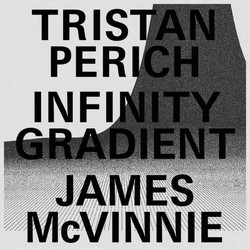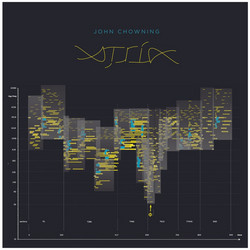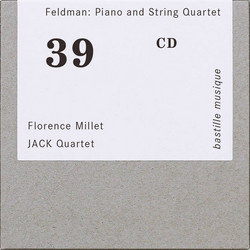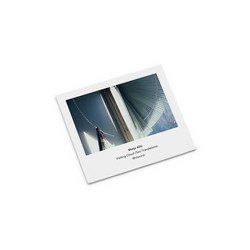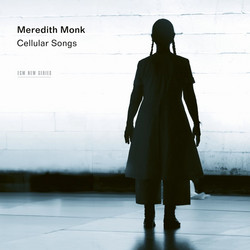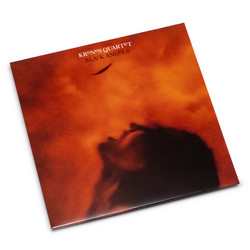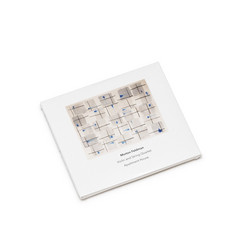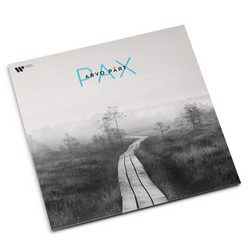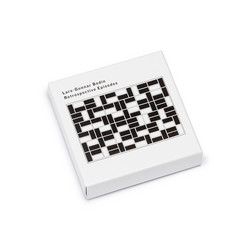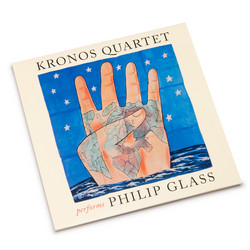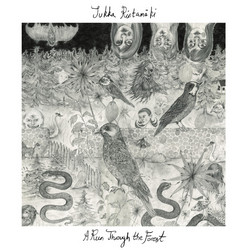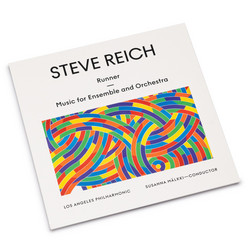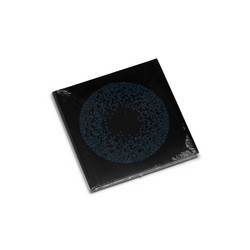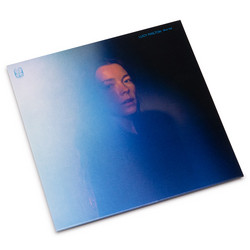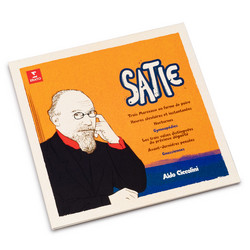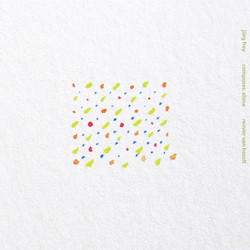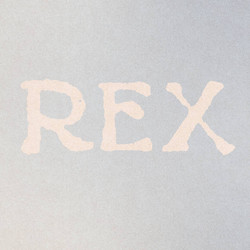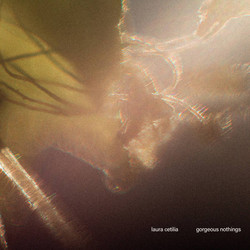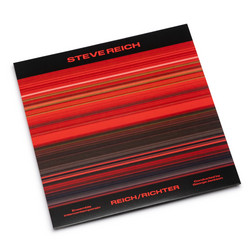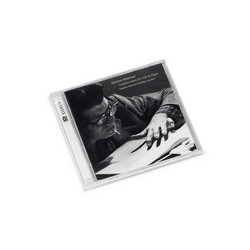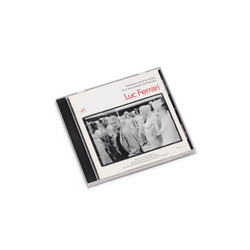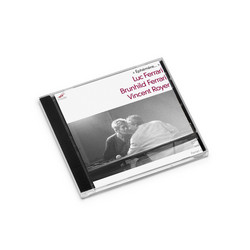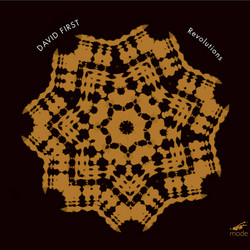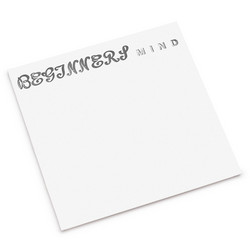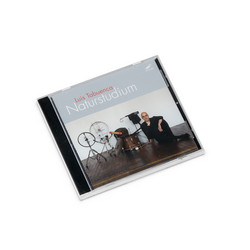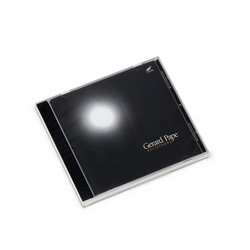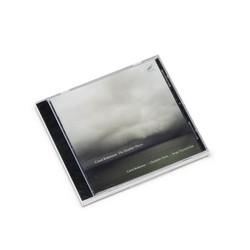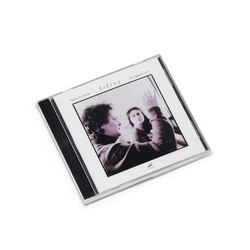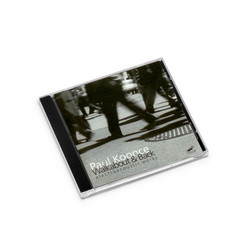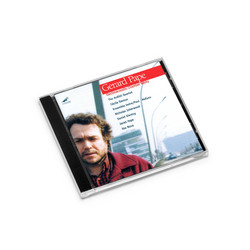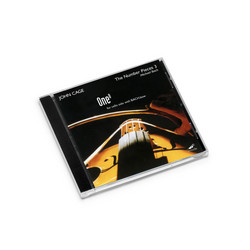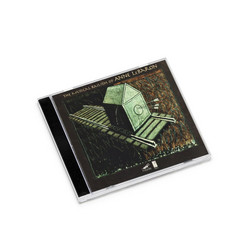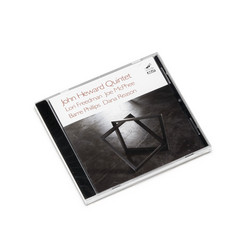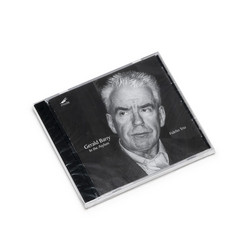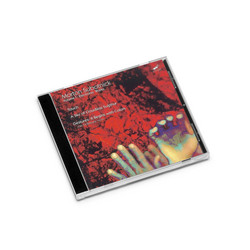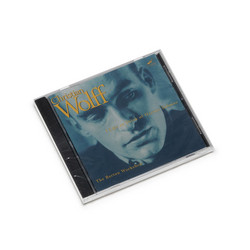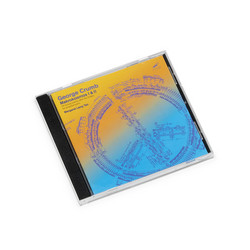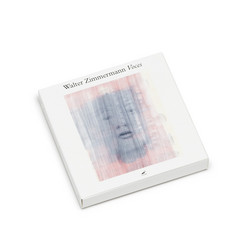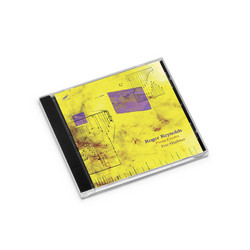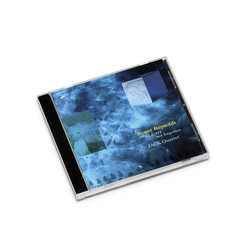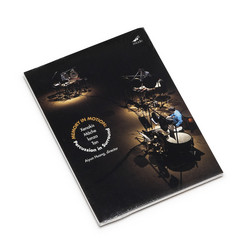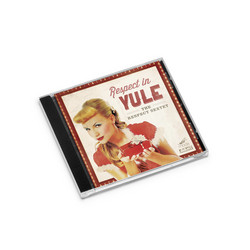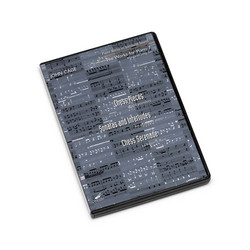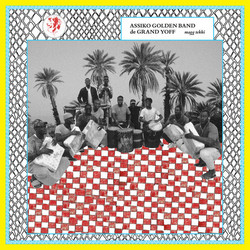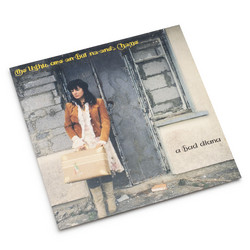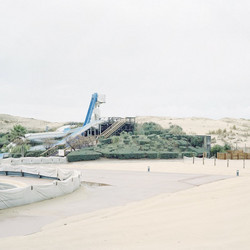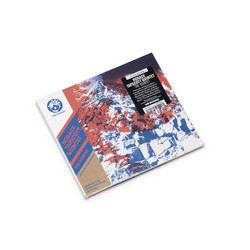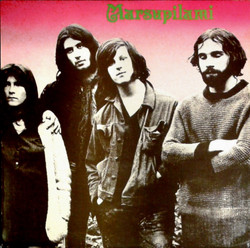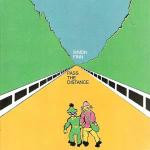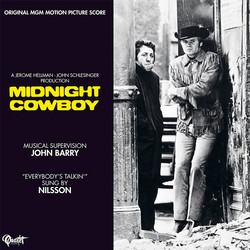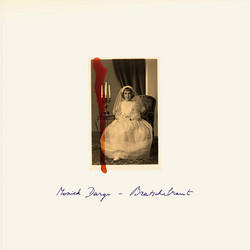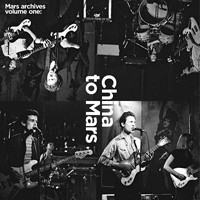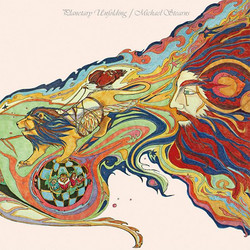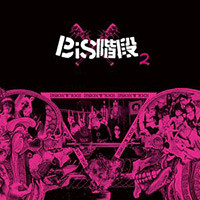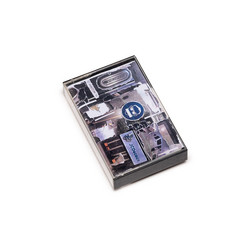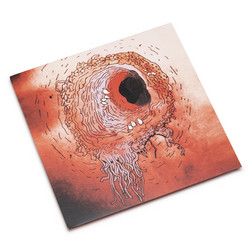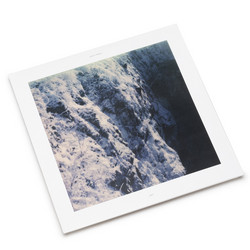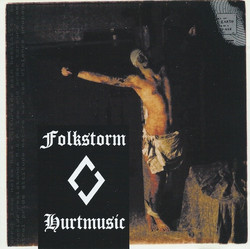On April 6, 1327, a 22-year-old Italian poet named Francesco Petrarca caught a glimpse of a young woman, Laura, in a church in Avignon. He later reported that “living sparks issued from two lovely eyes”. Those sparks enflamed Petrarch such that he spent the rest of his illustrious career coming to terms with them. Madrigals were developed in the 16th century by Adrian Willaert and Cipriano de Rore, which took Petrarch’s agonized images as justification for violating the rules that had guided musicians since before the beginnings of notated music.
Those living sparks have leapt ahead seven more centuries to inspire Katharina Rosenberger. Her “tempi agitati” embeds Petrarch’s texts (especially fragments from his “Ascent of Mount Ventoso”) and settings of sonnets by Willaert and Rore within her own responses to those materials. In live performance, Rosenberger works together with stage-director Ludger Engels to distribute members of the ensemble, Neue Vocalsolisten, around the sound space; they dart around throughout the site, thereby embodying Petrarch’s “vive faville.” While a sound recording lacks the visual dimension crucial to Rosenberger’s concept, it allows the listener to attend much more closely to her rich tapestry of sonorities as she puts Petrarch’s 14th-century poetry and 16th-century madrigals into dialogue with her extended vocal techniques.
Sometimes the singers coalesce into whole polyphonic samples before returning to the extended vocal techniques from which they had emerged. Sometimes, finally, the madrigal itself appears, now intact. Rosenberger thereby simulates Petrarch’s struggle to put into coherent form his reactions to Laura’s glance.
Those living sparks have indeed inflamed thousands: Laura’s glance goaded Petrarch to the heights of formal perfection in his sonnets, and it led the madrigalists to imagine tonal worlds far beyond the stylistic precepts they had inherited. Finally, it has inspired Rosenberger to push voices to exceed the limitations of usual vocal technique, to offer simulations not only of those moments of Petrarch’s lucidity but also of those in which he grasped for the tools necessary for articulating the chaos that reigned relentlessly within him.
